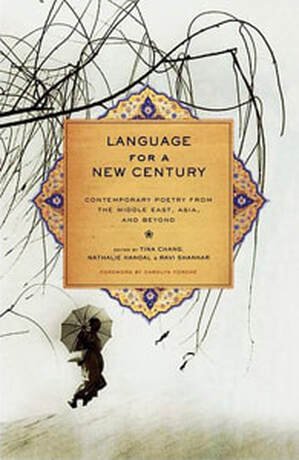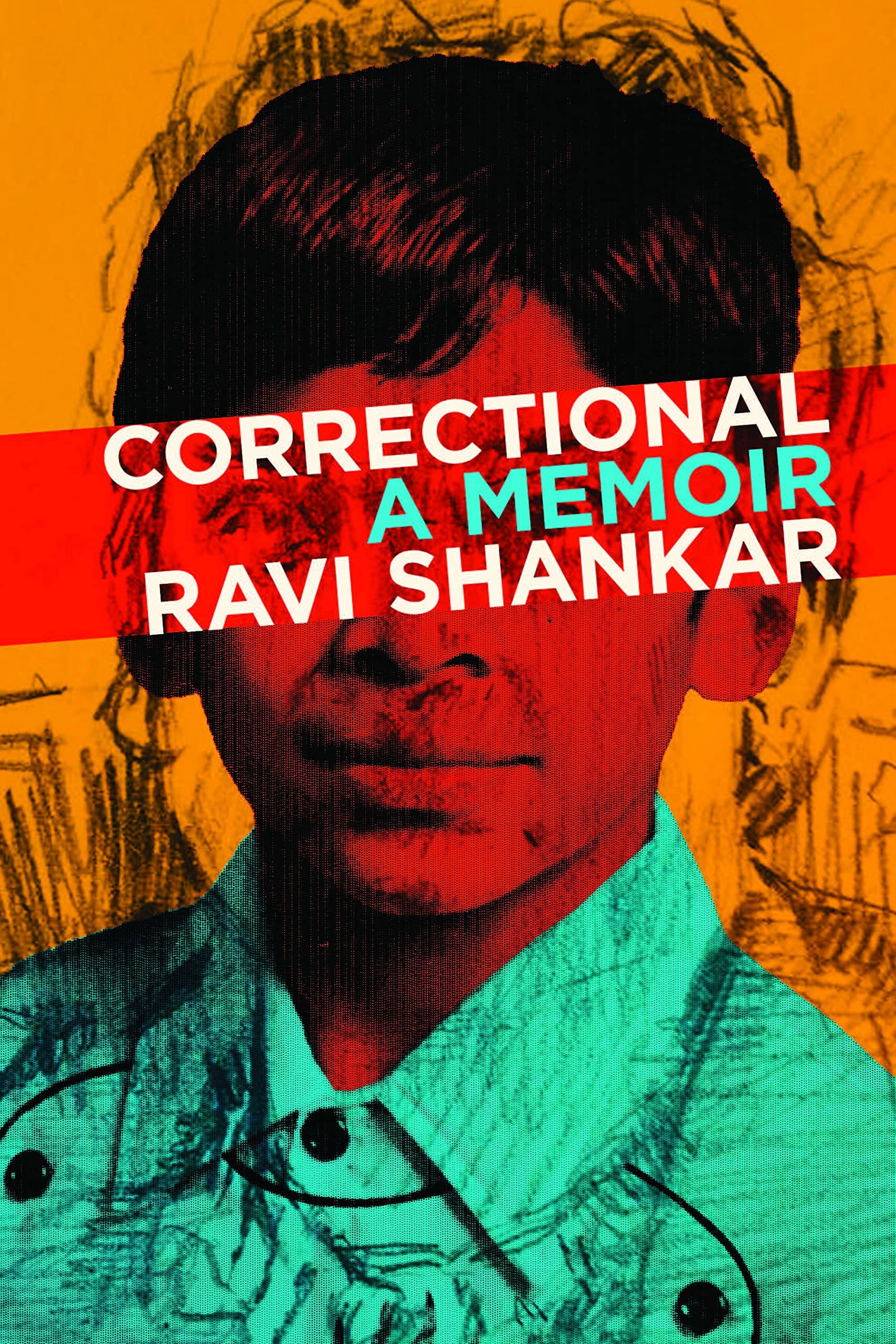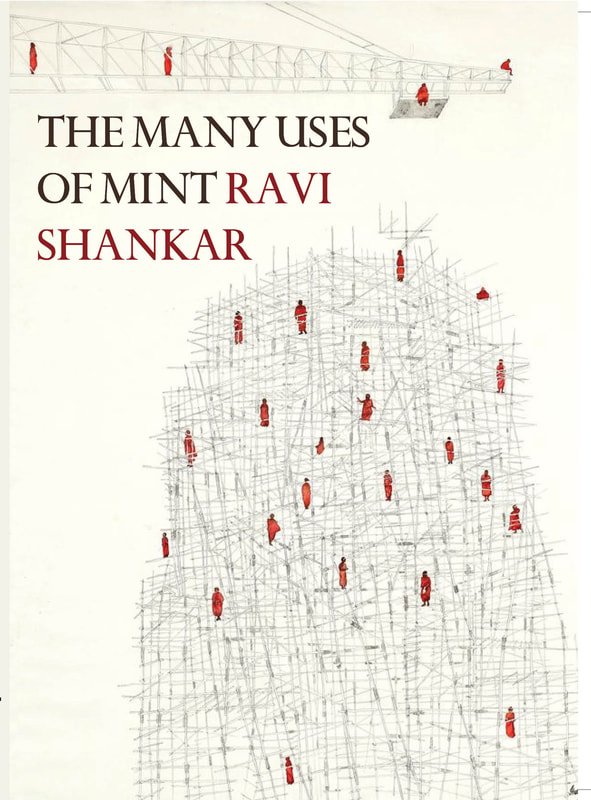REVIEWS
This rich collection of poetry from Asia, the Middle East, and other parts of the world, fills a huge gap in our cultural heritage. It is a formidable achievement, and an important contribution to our education. — Howard Zinn, People’s History of the United States
Language for a New Century is a symphonic sweep of beckoning cries, praises, prayers, curses, ruminations and revelations. An ensemble rich with diverse voices, here the old and the new converge, and something wholly human and futuristic emerges—something that possesses a robust lyricism—shining its light, its illuminated certainty into the twenty-first century. This marvelous anthology assembles a multitude of voices intent on a purposeful, deep singing. — Pulitzer Prize Winner, Yusef Komunyakaa
It's a literary anthology no college-level collection should be without.
— Midwest Book Review
An indispensable collection. —Ian McMillan, Host, The Verb, BBC, Radio3
This extraordinary, library-in-one-volume: what a resource! Those to whom poetry is essential as the supreme use of language will find the work of many poets they have never before come to, and those readers who have limited themselves to prose have the opportunity to discover how the poet outreaches everything prose can illuminate in who and what we are, no matter where, on the map. Nine thematic groupings of the work bring us wonderfully, almost perilously close to ultimate experience in childhood, love, war, exile, the inextricable relations between politics and the personal, the tragic and the ironic, the wisdom in sorrow and humor, that only the most intense imagination can plumb. That of the poet. The realm of imagination is one. This anthology gives entry to its vast expression in the Middle East and Asia, including the changing sensibilities of poets in the ever-growing world of immigration. Assembled here not the Tower of Babel, but the astonishment and subtlety inherent in many languages and their experimental modes to expand the power of words. The introductions to each section offer perceptions engagingly, against which to place one's own readings. The editors have boldly envisaged and compiled a beautiful achievement for world literature. — Nobel Laureate, Nadine Gordimer
“A brave voyage of discovery, Correctional is a real odyssey, barely making it home after navigating treacherous cultural and psychological waters. Thanks to Shankar’s brilliant writing and admirable honesty, we relive his harrowing, but eventually inspiring, personal saga. And his deep insights into our justice system are alone worth the price of admission.”— H. Bruce Franklin, author of Crash Course: From the Good War to the Forever War
“The most admirable quality of this memoir is its unvarnished honesty. . . . Correctional by poet Ravi Shankar is a challenging, thought provoking, and profound examination of both the poet himself as well as the criminal justice system. Few writers would have the courage to expose themselves in such a nakedly honest way as Shankar does. Ravi Shankar makes no excuses for his own human weaknesses while also exposing the defects imbedded within the American criminal justice and incarceration systems and the overt racism rooted within these institutions.”
—Beltway Poetry Quarterly
"Elegantly wrought and emotionally transparent."— Public Libraries Online
"Ravi Shankar’s Correctional is part memoir, part sociological treatise and full baroque picaresque in an America he loves but also distrusts."
—Hong Kong Review of Books
“Shankar is an absolutely brilliant writer; his prose, finessed from years of writing and teaching the craft of writing, is rhapsodic, punchy, profound, and discursively sound.”— Shreerekha Pillai Subramanian University of Houston—Clear Lake
“A story that is by turns moving, horrifying, funny, and provocative. . . . Shankar has a poet’s ear and a journalist’s eye. . . . He magics personalities, places and events onto the page with such vividness that this story compels from the first page to the last.”—Linda Jaivin, Sydney Review of Books
“A candid and often excruciating exposure not only of the protagonist’s inner workings, but those of his real-world mise-en-scène. . . . A fall is a seed for the growth of a via negativa, which only gains by losing, and Shankar’s hard-won words on the page are the telling trace of what has already been shed. We learn to see, as he does, from the reversed view granted in the falling.”— Martin Kovan, Ploughshares
“Ravi Shankar is now, truly, one of America’s finest younger poets.—Dick Allen, Connecticut poet laureate
Ravi Shankar’s poems have a finely tuned sense of form, a rare delight in language. Through wit and abstraction, they reveal a metaphysics of longing, binding us to the elements of our moving world. –Meena Alexander, Guggenheim Fellow
Shankar brings new forms of elasticity into being.—Rae Armantrout, Pulitzer Prize winner
“Reading and re-reading Ravi Shankar’s work is exhilarating. It’s an extraordinary exploration of the possibilities of collaboration.—Peter Orner, finalist for the National Book Critics Circle Award
"It’s the language itself that does the trick—Shankar has a marvelous way of getting sound and phrasing to say both something and themselves.—Cole Swensen, Guggenheim Fellow
"Quirky, quizzical, inquisitive, by turns lyrical and meditative, Ravi Shankar’s poems are guided by a strong intelligence toward resolutions that are both surprising and apt.—Gregory Orr, Rockefeller Fellow
Ravi Shankar’s poems have the quality of Ganga in Benaras sometimes darkly opaque, but never stagnant, always lurching towards some promise of expansion and illumination. —Arundhati Subramaniam
Ravi Shankar’s work when read as a whole, becomes nothing less than a praise song of our shared physicality, and of existence known, as it must be, under the scepter of time.—Jane Hirshfield, Chancellor of the Academy of American Poets
Ravi Shankar is a comic tragedian of philosophic collisions that occur at the intersection of memory, desire, perception, mutability, and language. Wild swoops made on the rheostat of diction and intricate consonantal echolocation enable the invention of this poet’s analogue for the metamorphic nature of what is past, or passing, or to come.—Alfred Corn, Guggenheim Fellow
“Ravi Shankar’s poems are the verbal artifacts of a singular, many-sided and distinguished consciousness.—Vijay Seshadri, Pulitzer Prize winner
Ravi Shankar is a postmodern flaneur. He wanders the world’s real and fictional gridded cities (or perhaps his astral body swoops high above them) and reports back.—Amy Gerstler, National Book Critics Circle Award winner




